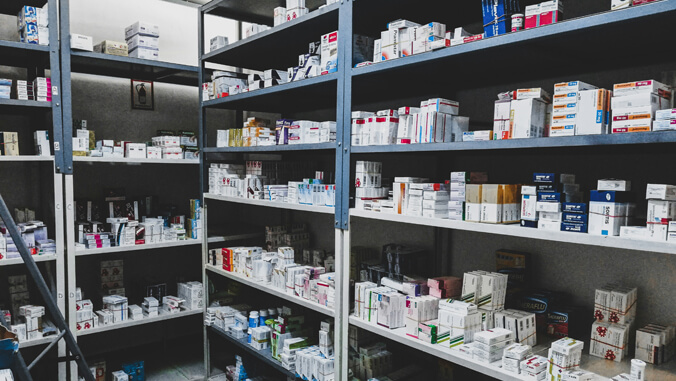
A new, simpler way to make important chemicals used in many medicines has been discovered by University of Hawaiʻi at Mānoa scientists.
These chemicals (called 1,4-cis-disubstituted cyclic compounds) help make drugs work better and absorb in the human body more easily. The new method uses common methods and ingredients, making it much easier to produce these chemicals, overcoming long-standing challenges in producing these chemicals.
The researchers showed that their method works well with compounds used in drugs for treating some cancers and cystic fibrosis. This discovery could change how drugs are made by making it simpler to create these complex chemicals.
“Easier and faster production means that new medicines could be developed more quickly, offering a wider range of effective treatments,” said UH Mānoa Department of Chemistry Assistant Professor Zuxiao Zhang. “Since many current drugs use these chemicals, this new method could lead to better and more accessible medications, greatly benefiting the pharmaceutical industry and patients alike.”
The researchers’ findings were published in American Chemical Society Central Science.
Other authors on the paper include UH Mānoa Associate Professor Rui Sun, postdoctoral researcher Komal Yadav and graduate student Tiancen Bian. UH Mānoa also worked with researchers from Zhejiang Normal University.
The Department of Chemistry is housed in the UH Mānoa College of Natural Sciences.

